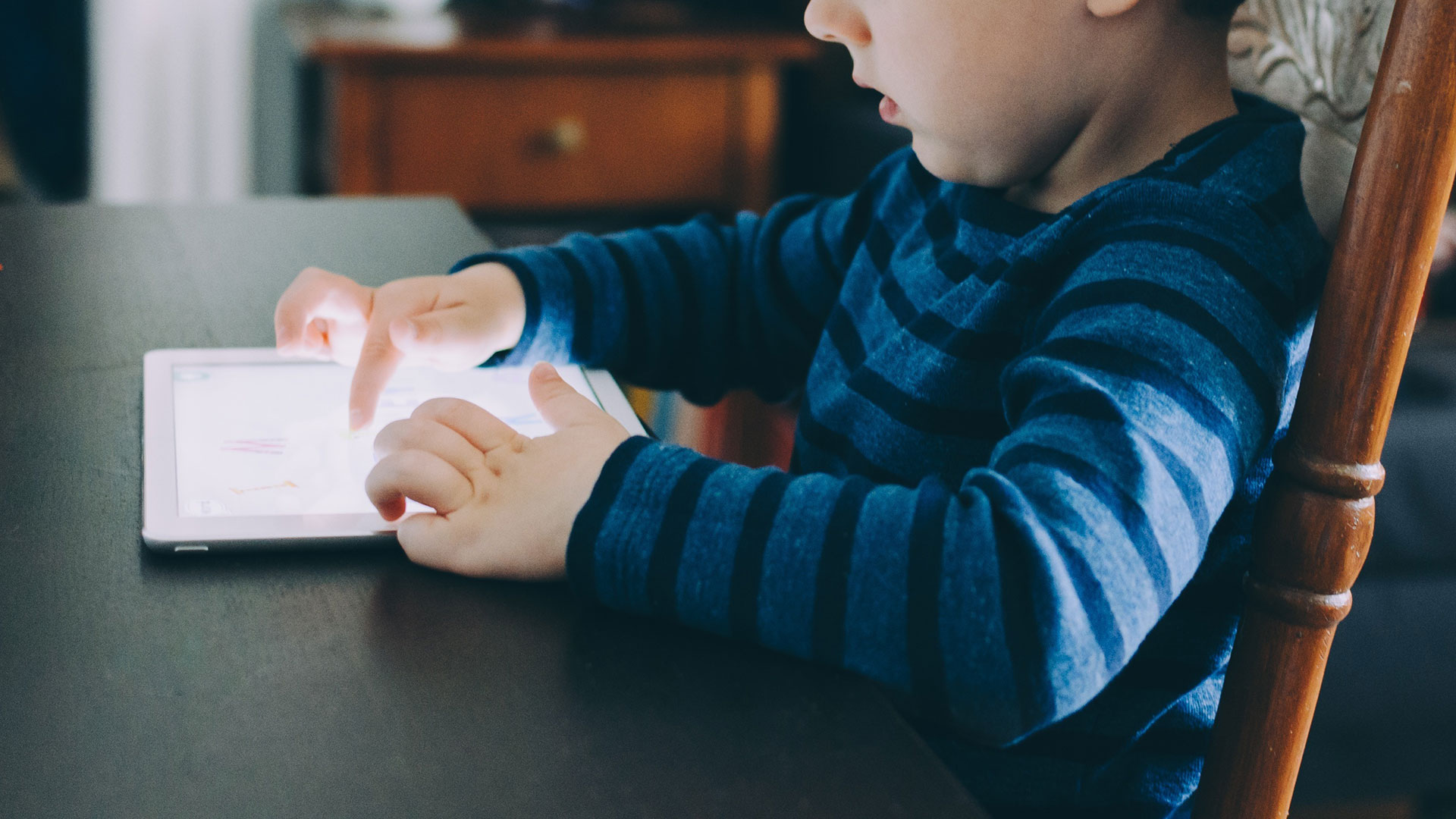More than 250,000 children in the UK are unhappy with worries about friendships, poverty and wider political issues like Brexit all playing their part.
The Children’s Society’s annual Good Childhood Report brings together various surveys that have quizzed kids of all ages on their well-being. They are asking you to help them call on the government to introduce a centralised national measurement of children’s well-being after the latest report uncovered what the charity’s chief executive Mark Russell called a “national scandal”.
Modern childhood is a happy and carefree time for most, yet for too many it is not. It is a national scandal that children’s unhappiness is increasing so quickly
The report found that children as young as 10 are concerned with broad societal issues like crime, the environment and sharing information online. Brexit comes under that category too, of course, but its impact was more keenly felt by older children, especially girls, aged 14 to 17 while most younger kids were still unsure about the EU withdrawal turmoil.
In a survey of year 10 pupils, homelessness was a rarer issue out of the 24 disadvantages, but had a “significant impact on the young people who reported it”.
The Children’s Society also assessed the impact poverty had on kids using the Millennium Cohort Study, a project that has surveyed kids since the year 2000 at the ages of three, five, seven, 11 and 14 years old.
From there they found that children who experience any poverty – using the standard measurement of up to 60 per cent of median equivalised income before deduction of housing costs – was associated with significantly lower life satisfaction and significantly higher depressive symptoms by the age of 14.









